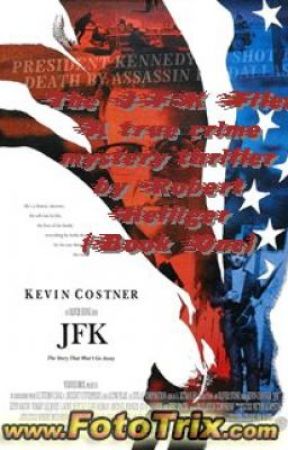~~~Quote: "We need to guarantee equal rights and civil rights...and say that...here in America...workers have the right to organize...women have the right to choose...And justice belongs to everyone regardless of race or gender or sexual orientation", unquote, US Secretary of State, former Senator, and former Presidential Nominee, John Kerry, (1943-)~~~
I
Two years before the incident with Rosa Parks, the Sarah Keys v. Carolina Coach Company, 64 MCC 769 (1955), became a landmark case of African-American civil rights in the mid-1950's. Keys, (a Women's Army Corps ((WAC)) Private), (unknown age), complained in 1953, when she was prevented to sit with other bus passengers, (*mirroring the Parks case*).
Keys enlisted the help of Charlottee, North Carolina Minister, and Civil Rights Lawyer, Dovey Johnson Roundtree, (April 17, 1914-), and US Lawyer, Julius Winfield Robertson, which fought for Keys.
The NAACP v. St. Louis-San Francisco Railway Company, 298 ICC 355 (1955); and the Brown v. Board of Education (347 US 483), (1954), cases all changed the way American law that dealt with the African-American community. NAACP, (formed in 1909), had a motto: "...To ensure the political, educational, social, and economic equality of rights of all persons and to eliminate racial hatred and racial discrimination”. *And Joel Elias Spingarn (May 17, 1875 – July 26, 1939), a Jewish civil rights activist, educator, and a noted literary critic, used his name to make sure the Springarn Award awarded African-American students in US schools who excelled*.
~~~
Page 34

YOU ARE READING
The JFK Files: A non-fiction book by Robert Helliger
Non-FictionThe true story of the 1963 assassination of US President John F. Kennedy. An account of the life and death of one of the most popular politicians our the 20th century by Robert Helliger. Rated PG-13 for some violence, sex references, some coarse lan...
